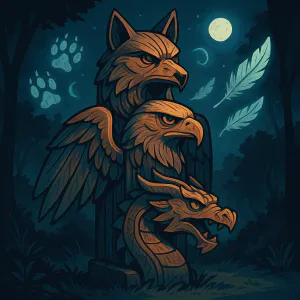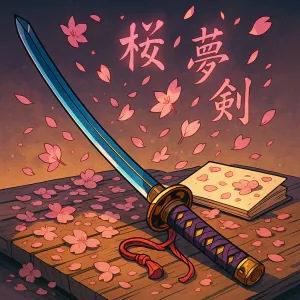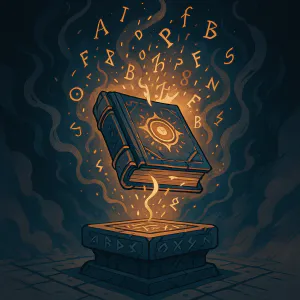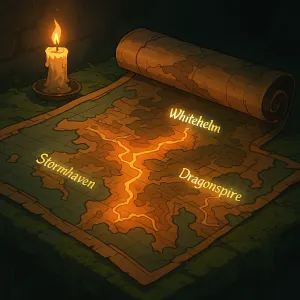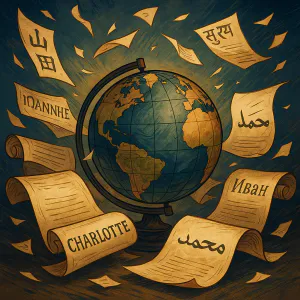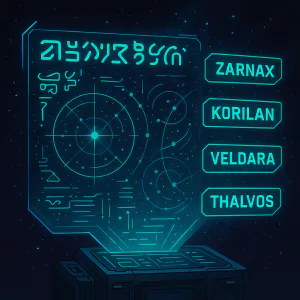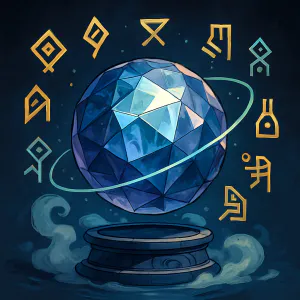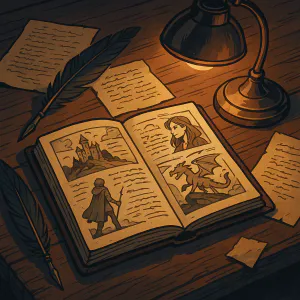Adorning Your Noble Title
To name nobility, reflect on:
- Which rank—Baron, Countess, Duke—fits?
- Do you prefer one or two surnames?
- Should it hint at land or virtue?
- How many syllables convey prestige?
- Does it suit your realm’s culture?
Noble Name FAQs
Answers to aristocratic naming:
How are noble names generated?
They randomly merge regal titles with stately family names.
Can I choose a rank?
Regenerate until your desired title appears; no direct selection.
Are names lore-friendly?
They follow high-fantasy naming conventions, not tied to specific IP.
How many can I generate?
Unlimited—click to fill your noble houses.
How do I copy or save?
Click a name to copy it or heart to add to favorites.
What are good noble names?
There's thousands of random noble names in this generator. Here are some samples to start:
- Christian Progoni
- Fonoti Kahar
- Cecrops Takasi
- Kara Plotina
- Demete Verina
- Ermengard Paula
- Joan Gattilusio
- Katranide Orbiana
- Genmei Thumana
- Gao Tajuddin
About the creator
All idea generators and writing tools on The Story Shack are carefully crafted by storyteller and developer Martin Hooijmans. During the day I work on tech solutions. In my free hours I love diving into stories, be it reading, writing, gaming, roleplaying, you name it, I probably enjoy it. The Story Shack is my way of giving back to the global storytelling community. It's a huge creative outlet where I love bringing my ideas to life. Thanks for coming by, and if you enjoyed this tool, make sure you check out a few more!




































































